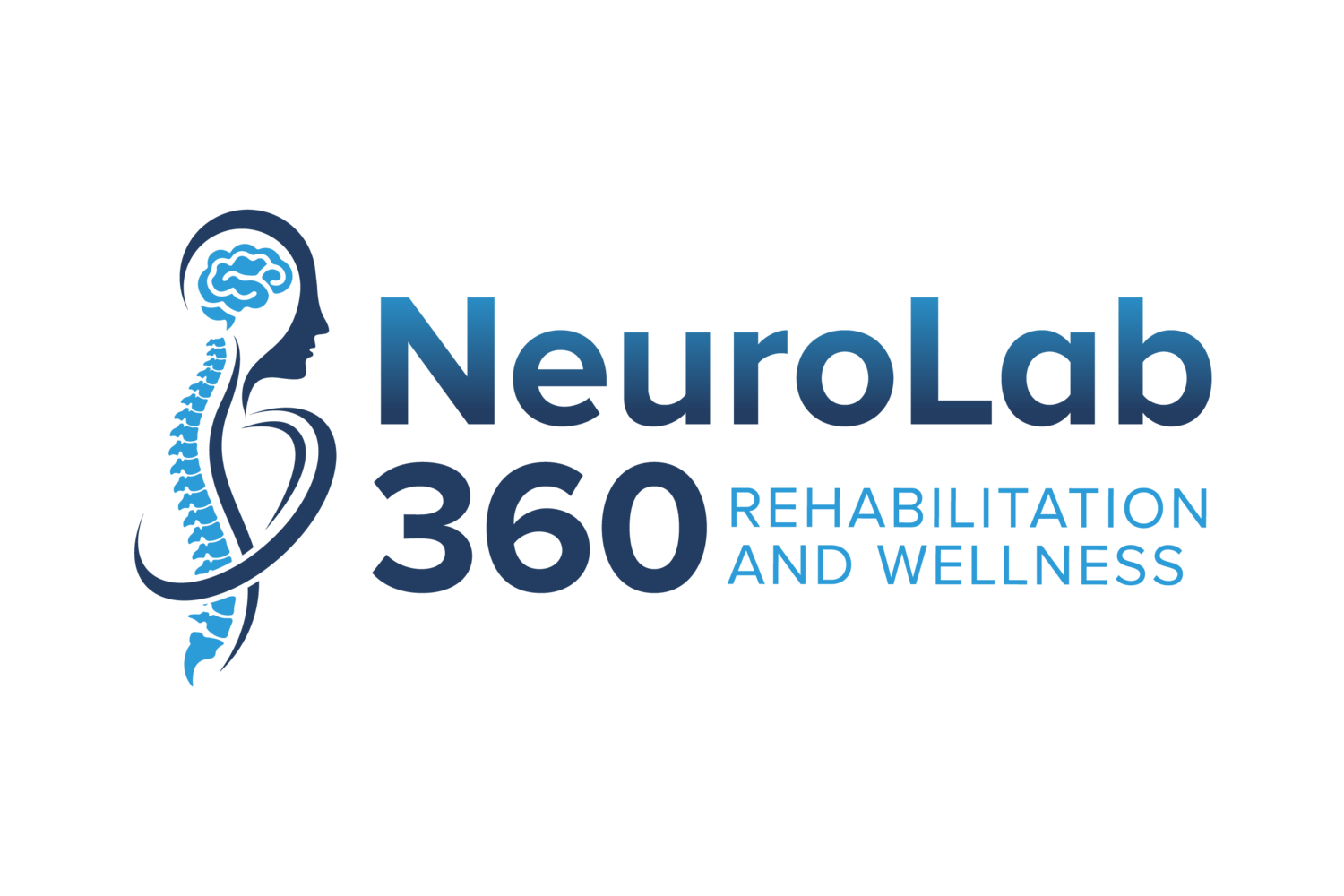We Love Dopamine
What is Dopamine?
Dopamine is a type of neurotransmitter, a chemical messenger that carries signals between brain cells (neurons). It belongs to a class of neurotransmitters known as catecholamines, which also includes norepinephrine and epinephrine (adrenaline). Dopamine plays a crucial role in several important functions within the brain, including movement, motivation and reward.
The Brain's Reward Pathway
One of the key roles of dopamine is its involvement in the brain's reward pathway. This pathway is a complex network of brain regions that are activated in response to rewarding stimuli. When you engage in activities like eating delicious food, receiving praise, or even achieving a goal, dopamine levels in certain areas of the brain increase.
Motivation and Goal-Directed Behavior
Dopamine is often referred to as the "motivation molecule" because of its role in driving behavior towards goals. When dopamine levels rise in anticipation of a reward, it motivates us to pursue that reward. This can be seen in everyday experiences, such as the satisfaction of completing a task, the thrill of winning a game, or the pleasure of social interaction.
Dopamine and Mental Health
Dysfunctions in the dopamine system have been implicated in various mental health conditions. In depression for example, there may be reduced dopamine activity in certain brain regions associated with motivation and pleasure. Understanding the role of dopamine in these conditions is crucial for developing effective treatments.
Dopamine's Role in Parkinson's Disease
Parkinson's Disease is a neurological disorder characterized by the progressive loss of dopamine-producing neurons in the brain, particularly in a region called the substantia nigra. As dopamine levels decline, individuals with Parkinson's experience a range of symptoms, including tremors, muscle rigidity, bradykinesia (slowness of movement), and postural instability.
Dopamine Replacement Therapy
One of the primary treatments for Parkinson's disease involves replenishing dopamine levels in the brain through medication. Dopamine replacement therapy, typically using medications such as levodopa (L-dopa), carbidopa-levodopa or dopamine agonists, helps alleviate motor symptoms and improves overall quality of life for many individuals with Parkinson's.
Challenges in Treatment
While dopamine replacement therapy can provide significant relief from motor symptoms, managing Parkinson's disease is not without its challenges. As the disease progresses, the effectiveness of medications may fluctuate, leading to motor fluctuations and dyskinesias (involuntary movements). Finding the right balance of medication to control symptoms while minimizing side effects requires close monitoring and often adjustments over time.
Non-Motor Symptoms
In addition to motor symptoms, Parkinson's disease can also cause a range of non-motor symptoms that are not directly related to dopamine deficiency. These may include cognitive changes, mood disorders such as depression and anxiety, sleep disturbances, and autonomic dysfunction. Addressing these non-motor symptoms often requires a multifaceted approach that goes beyond dopamine replacement therapy.
Boosting Dopamine Naturally
While dopamine-boosting drugs exist, there are also natural ways to enhance dopamine levels in the brain. Activities such as EXERCISE, listening to music, engaging in creative pursuits, and spending time with loved ones can all stimulate dopamine release. Additionally, maintaining a healthy lifestyle with adequate sleep, nutrition, and stress management can support optimal dopamine function
Conclusion
Dopamine is much more than the "feel-good" neurotransmitter – it plays a crucial role in our brain's reward and motivation systems and is essential for individuals with Parkinson's Disease

